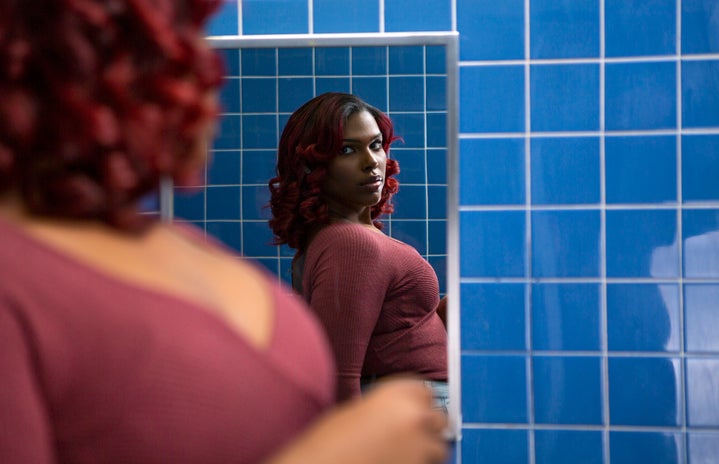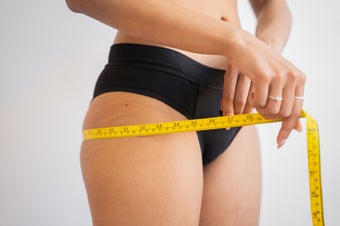When discussing body image issues for young women today, the attention is typically centered around social media; Gen Zers have spent most of their lives on image-sharing platforms such as Instagram, Pinterest, Tumblr, among many others. Young women today have lived through the exponential growth of social media from late elementary to early teenage years. Ever since social media has been an everyday part of our lives as we check our feeds frequently. It’s clear to see the negative effects of the growth of social media during the most impressionable stages of our lives. I can remember spending afternoons in middle school scrolling through Instagram comparing myself to influencers, celebrities, and girls my own age. Middle school and high school is a highly impressionable time when girls are often hardest on themselves, but for many, the self-critiquing started years before. According to research conducted by Common Sense Media, more than half of the girls between ages 6 and 8 believe the ideal body shape is smaller than their current size. Another disturbing statistic is that 1 in 4 children have tried dieting by age 7. When I first came across these insights I was shocked, as we tend to believe young girls are still oblivious to societal influences and have no self-doubt. Yet, thinking about it further, the first time I remember thinking negatively about my body was in first grade, and I was certainly not the only one.
In the 2000s, fashion and celebrity culture were dominated by an obsession with being thin. As low-rise pants or skirts and crop tops were all the rage, the media promoted the idea that they could only be worn by those with a flat stomach. At the time social media certainly existed, but it was not like it is today. Many women and girls still primarily got their celebrity gossip and fashion news from magazines. Some of the most popular are People, US Weekly, and Star. They always caught my attention, whether it be in grocery store lines or in my mom’s salon. Like most little girls, I wanted to do what older girls and women did. Whenever I was at the salon visiting my mom or getting my hair done, I would read the magazines and by the time I was done, I had read almost every one there.
Reading those gossip and style magazines definitely developed my love for fashion, but it also created insecurities that stuck with me into my teenage years. The covers of the magazines were full of judgments on celebrities’ bodies and appearances. They commented on their cellulite, called them “thunder thighs”, ranked the best and worst beach bodies, and pointed out if they had gained weight. All of these made my young impressionable mind think that cellulite, gaining weight, and not having a good “beach body” were shameful. I distinctly remember being scared of gaining weight or having cellulite when I entered my preteen years. Not only did such headlines make me nervous about how my body would change, but it made me ask, was there something wrong with me now? Using the weight loss tips provided in the same magazines, I constantly thought about calories and if I was gaining weight at a time where my biggest concern in life should have been when it was my turn to go on the swing set.
Much of the argument about self-image issues in young girls today is about comparing ourselves to others on social media. There is no denying that the deep connection and regular engagement on social media platforms have influenced a generation of girls to constantly criticize their appearance, but for many Gen Zers, body image issues started far before we were able to make Instagram accounts. Before the rise in technology in the 2010s, we faced the 2000s fixation with being thin and fad diets. The body-shaming culture still exists today and just moved to a different medium. Instead of gossip writers making hurtful comments, accounts-anonymous and branded alike are commenting on celebrities and everyday women’s content. Changing the perception of our bodies in today’s society is not just about rethinking our interactions on social media, but understanding the perceptions around a woman’s “ideal” look that have been ingrained into our culture for more than a decade. Eventually, Instagram will be gone and we will be using something new, but without changing how women’s bodies are discussed and portrayed (a movement we all have a responsibility in), we will perpetuate the same body struggles that impact young girls and women today.




